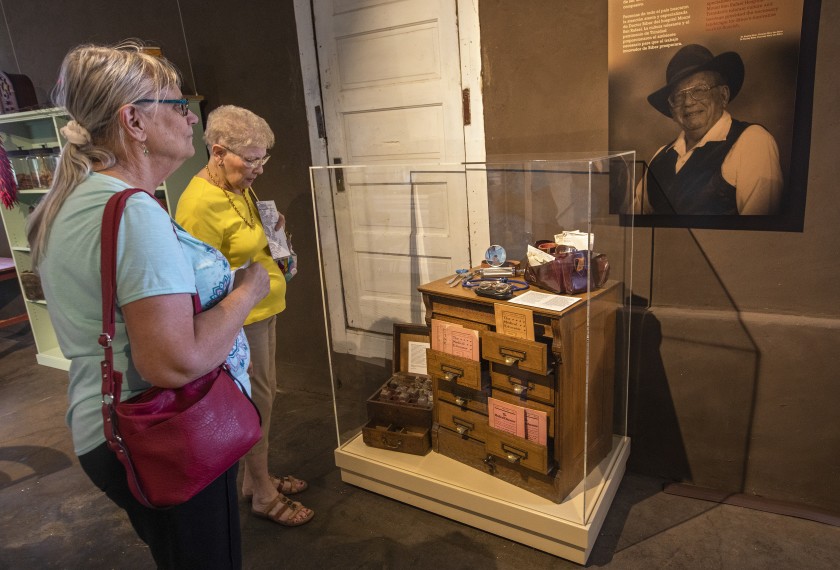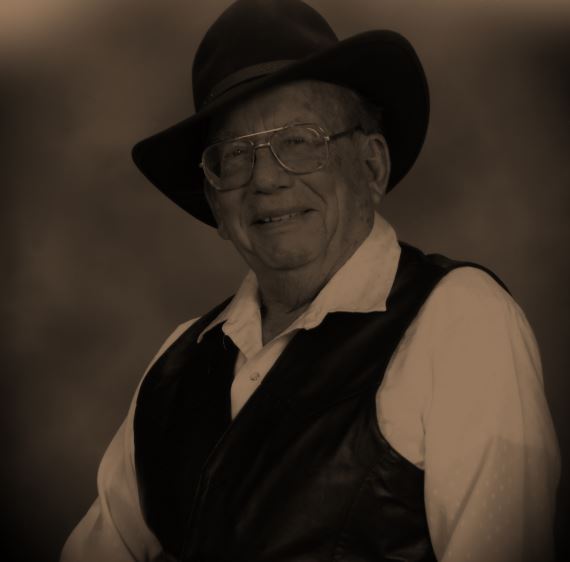
Story
Dr. Stanley Biber
Trinidad, Colorado, is a small and relatively quiet community. It has a long history of mining and entrepreneurship, evident in the stately Victorian-era buildings of its historic district, but in the latter half of the twentieth century it became world-famous for a reason that few at the time would have expected. For more than forty years, “going to Trinidad” became slang for undergoing gender confirmation surgery, and this otherwise quiet and previously little-known Colorado town found itself on the map, not just in the United States but the world over.
This story begins with one man doing a service, an act of kindness that at the time was controversial and even dangerous, for a friend.
Dr. Stanley Biber arrived in Trinidad after his service in the Korean War. He was hired to provide care to coal miners and their families, but quickly established himself locally both as a surgeon and general physician, with many locals as his regular patients.
In 1969, a social worker who often worked with Biber approached him with a request, one that for Biber was unheard of. She was a transgender woman, and asked if he would be able to perform what was known at the time as a sex-change operation.
Biber agreed almost immediately.
He had never performed a surgery of that kind before, but he consulted medical books and communicated with surgeons who had performed the operation at John Hopkins, who sent him hand drawn notes as a guide. Biber is recalled as being a gifted surgeon—“Michelangelo with a scalpel,” as one Trinidad resident described him—and the surgery was performed successfully.
Gender confirmation surgery was an experimental procedure at the time, one that many surgeons would have refused. But Dr. Biber was not the type of man to turn anyone away if he could help it.
“He was the type of person who never judged anybody,” explains Marylee Biber, his widow. “He would take care of any patient. He would forgive patients if they didn’t have the money, if the surgery was going to be expensive he would charge them maybe half, or just mark them off his books and say: ‘Oh, don’t worry about it.’ That’s the kind of person he was.”
Stanley Biber’s compassion, kindness, and skill had already made him beloved by the locals. He was known in the region for performing daring surgeries with remarkable ability, but also for operating a general practice. He was more than just the town’s only surgeon—he was one of their favorite doctors.
“He never flaunted himself,” says Marylee Biber. “He was an old country kind of doctor. If you saw him walking down the street, you would just think he was an old cowboy. He was a surgeon, but he took care of all kinds of patients. And he was the kind of person who once you met him, you liked immediately. There was never a person he couldn’t talk to, about anything.”
Marylee Biber is a retired nurse who worked for more than four decades with Biber before their eventual marriage. She saw firsthand his groundbreaking work, and how it impacted many lives.
Compassion and kindness were sadly too often difficult to come by for many transgender people in the 1960s and ’70s. With a surgeon like Dr. Biber, who was not only willing to understand and give such care to his transgender patients, but also had the skill and knowledge to perform necessary and affirming surgeries...it was inevitable that word would spread.
“People came from all over the world,” recalls Marylee.

Biber's photo and some of his surgical equipment is included in the Borderlands of Southern Colorado: Remedios, Medicine and Health exhibit at Trinidad History Museum.
Biber’s clinic in Trinidad was soon noticed by transgender people from around the globe. A steady stream began to flow into the town, seeking out his expertise.
Biber recognized the great need for these surgeries, and was more than happy to fill it. At the height of his clinic’s popularity he would perform up to four gender confirmation surgeries a week. He took on several surgeons as his proteges, some of whom were members of the transgender community, perfecting the operation and teaching it to others. Over a period of forty-one years, until his retirement in 2004, his clinic performed an estimated 6,000 gender confirmation surgeries.
Stanley Biber may not be a household name, but his legacy has left a clear mark. He was an ally and advocate for transgender people even when doing so was politically and professionally dangerous. He attracted international attention, not all of it positive, but never faltered in his commitment to do right by people. By all accounts he didn’t care one way or the other for the attention; instead, he reserved all of his care for his patients.
In the words of his widow Marylee: “That’s the kind of person he was.”


